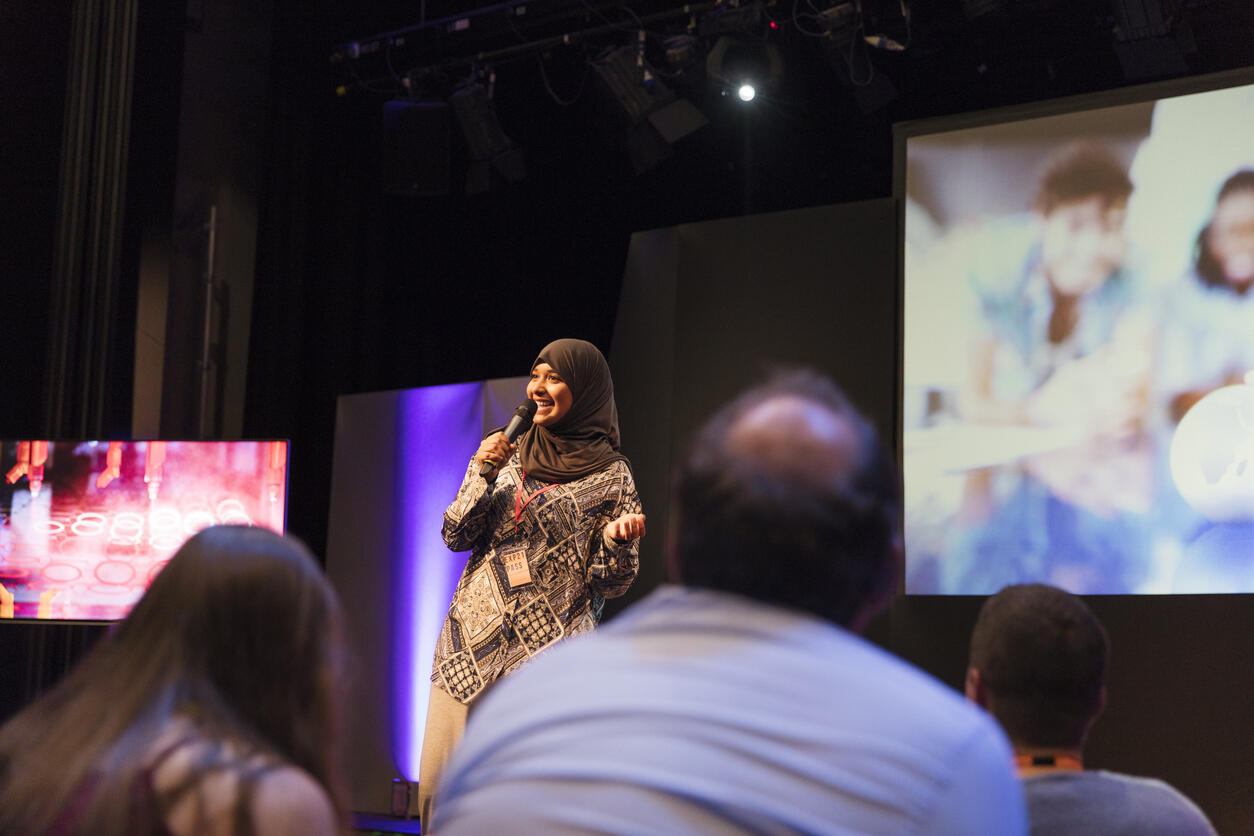
Fellows on the SDF Programme will benefit from a rich global health-oriented translational and quantitative skills training environment at LSTM and LU.
LSTM is an internationally recognised centre of excellence for research in tropical diseases. The creation of effective links with governments, organisations and institutions and responding to the health needs of communities allows LSTM to promote improved health, particularly for people of the less developed / resource poorest countries in the tropics and sub-tropics.
Research excellence is the central pillar to delivering LSTM’s mission to ‘reduce the burden of sickness and mortality in disease endemic countries through the delivery of effective interventions which improve human health and are relevant to the poorest communities’.
Prof. Kevin Mortimer (Professor of Respiratory Medicine and Consultant Respiratory Physician) and Prof. Giancarlo Biagini (Professor of Parasitology and Research Committee Chair) are the academic leads for the SDF at LSTM.
The Programme is delivered in partnership with the Centre for Health Informatics, Computing, and Statistics at Lancaster University. CHICAS’ focus is on statistical and epidemiological methods and their implementation in open-source software. The Centre have a long-standing expertise in longitudinal, spatial and spatio-temporal methods, and growing expertise in infectious disease modelling, design of field studies, statistical genetics and computationally efficient methods for high-dimensional data.
Prof. Peter Diggle (Advanced Quantitative Skills) is the academic lead for the SDF at Lancaster University.
Supervision
Typically, all Fellows will have a project supervisor from LSTM and a quantitative skills supervisor from Lancaster University who will be with the Fellow throughout the course of the Fellowship to maximise opportunities to integrate quantitative skills training within the project.
Training
Fellows will be encouraged to identify and continually reassess their training needs and will have access to a substantial catalogue of development activities to create a bespoke package of training to suit their needs as a researcher.
To this end, a Development Needs Panel (DNP) will be established for each Fellow. The DNP will work with the Fellow and supervisors to develop an individually-tailored training programme.
The SDF training programme has been designed to include short taught workshops/modules from both external and internal sources at the beginning of the programme. These will be intensive workshops and courses at which Fellows are taught discrete basic theory and fundamentals. These will be followed by consolidation placements where Fellows will be given time to apply their knowledge to real-world problems. By the end of the programme, Fellows will be equipped with the skills required to write independent grants and advance their careers.
Year 1 will focus on quantitative skills.
Year 2 will focus on training within the principle translational domain of the project and Fellow.
Year 3 will focus on consolidating translational ‘bridge scientist’ training.
All Fellows will be expected to undertake at least one consolidation placement externally, typically overseas. LSTM and Lancaster have a proven track record of embedding early career researchers with off-site partners through both our MRC Doctoral Training Partnership and Wellcome Trust Clinical Research Programme.
Fellows will also engage in professional, and transferable skills training, participating in sessions and real-life activities in scientific writing, public engagement, and developing grant proposals. Advancement in the latter will culminate in submission of an application to LSTM’s Director's Catalyst Fund; an annual scheme providing multiple awards of around £50k to support high-quality projects requiring preliminary work or feasibility studies to evolve to a point where they are competitive for external funding.